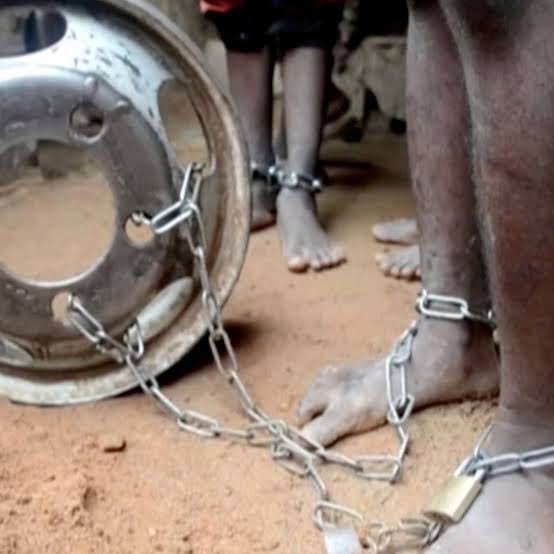By Frank Johannsen, dpa
VW executives say that high labour costs in Germany are contributing to disappointing financial results, which has also been buffeted by stiff competition in China and struggles with shifting to electric vehicles.
The company has been demanding 10% across-the-board pay cuts for VW’s German workforce, and has also threatened to close factories in Germany and slash tens of thousands of jobs.
IG Metall, the trade union representing most Volkswagen workers, has flatly rejected those demands and has vowed to wage a bitter fight against the cuts unless management agrees to compromise.
IG Metall Chairwoman Christiane Benner told tens of thousands of rallying workers outside the flagship VW plant in Wolfsburg on Monday that she is “furious and stunned” by the cost-cutting course VW management has chosen.
“Instead of intelligent solutions, they are offering cutbacks and job losses,” she said.
The union’s chief negotiator, Thorsten Gröger, warned in the morning that workers are prepared to escalate the conflict with longer work stoppages if the carmaker doesn’t offer concessions.
VW management stuck to their demands on Monday despite the strikes.
“We still need cost reductions that can be implemented in the short term and are sustainable,” said VW management’s lead negotiator, Arne Meiswinkel, who oversees human resources for the Volkswagen brand. “This is the only way we can remain competitive in a challenging environment.”
Meiswinkel said the company welcomed a November proposal from the union to forgo salary increases and offer flexibility around reduced working hours at factories, steps that the union said would save about €1.5 billion ($1.6 billion).
“However, even after intensive analysis of this counter-proposal, we have determined that it is not yet sufficient for a sustainable solution. That is why we need to find further potential today,” he said.
The union is demanding that all 10 plants in Germany remain open and that the approximately 130,000 employees at the core Volkswagen brand receive a guarantee of employment.
The rolling wave of four-hour strikes began at VW’s plant in Wolfsburg, with at other plants across the country following.
The latest negotiation round got under way in the early afternoon at the Volkswagen Arena in Wolfsburg.
Like the first strike action a week ago, nine factories in Germany will be affected – in Wolfsburg, Zwickau, Hanover, Emden, Kassel-Baunatal, Braunschweig, Salzgitter, Chemnitz and Dresden. The only plant not covered by the collective bargaining agreement is in Osnabrück.
But unlike on December 2, when 100,000 workers left the assembly lines, the walk-offs will last four hours instead of two. Volkswagen reported only minor production losses after the first strike day. “The impact was limited,” said a spokesman.




